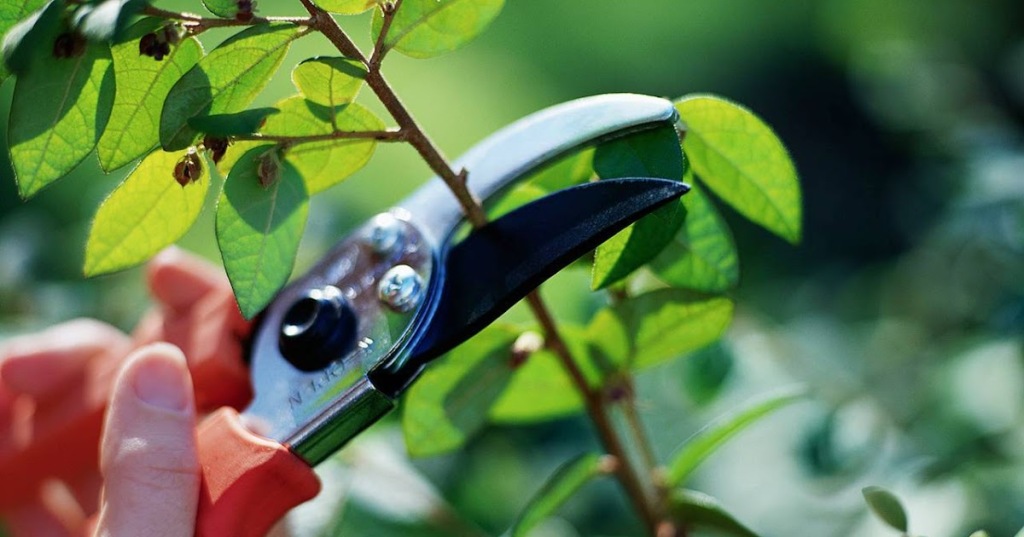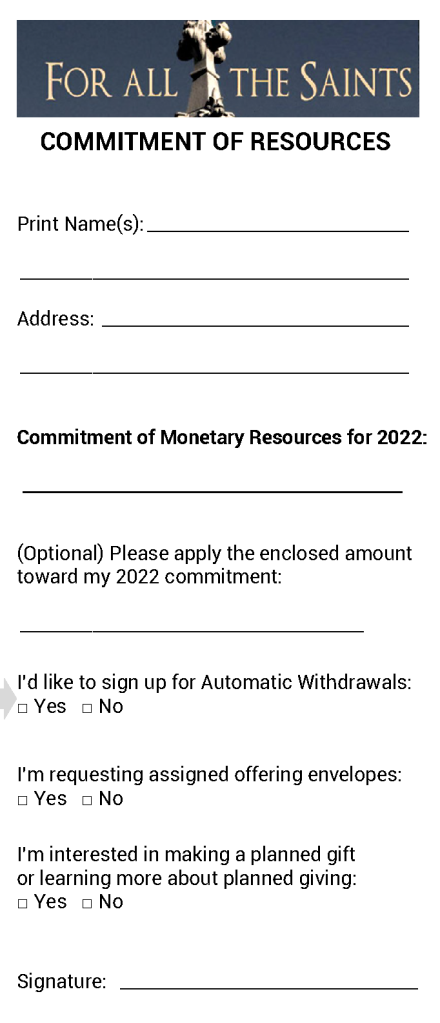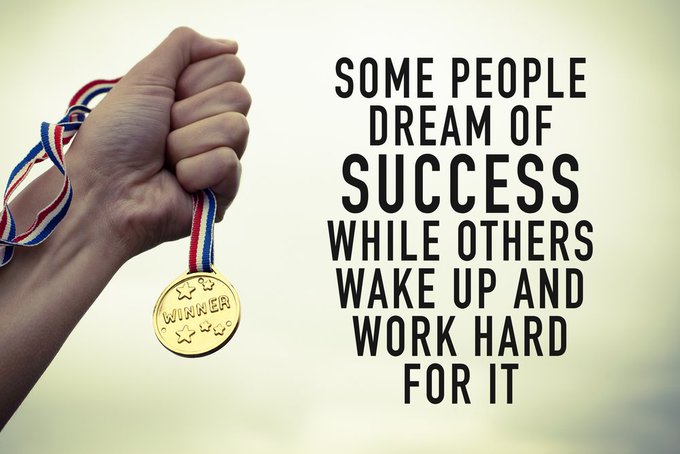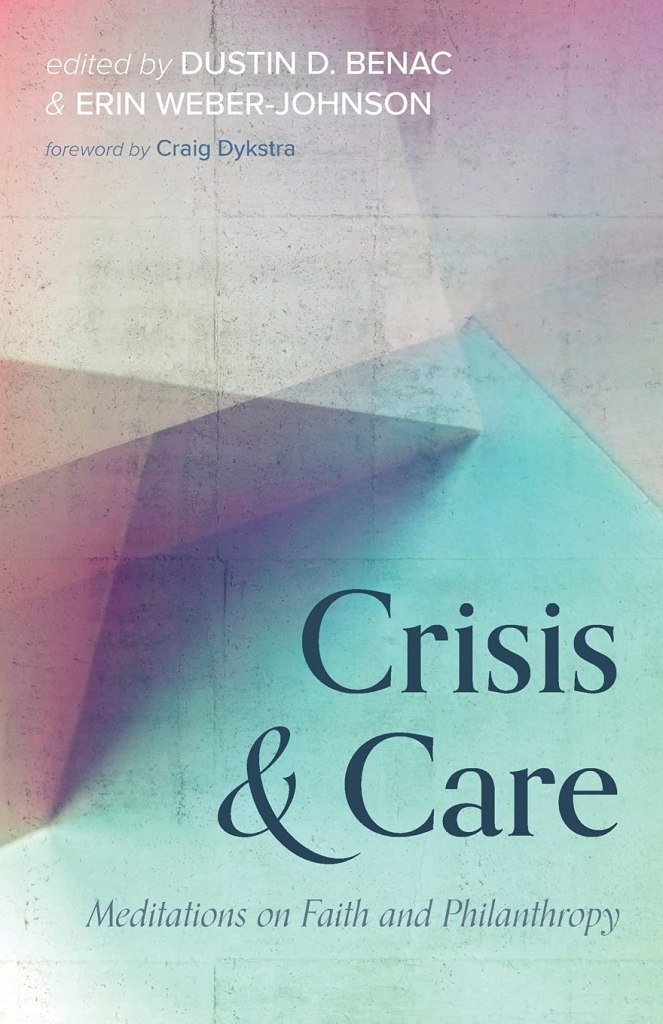by Sarah Dull
The first faith forum series this fall is Decolonial Stewardship of God’s Resources. In preparation, I thought it may be helpful for us to look at how we got away from the early teachings of stewardship and some ideas for practicing decolonial stewardship of God’s resources.
Before we start, a quick reminder: In the September/October 2021 issue of The Evangelist Magazine I explained stewards are people of authority who are entrusted with the duty of managing and caring for another person’s property and how God made us stewards of what God has made.
Christianity was born amongst the oppressed of the Roman Empire. Early believers lived in communal devotion and sharing.
All who believed were together and had all things in common; they would sell their possessions and goods and distribute the proceeds to all, as any had need.
Acts 2:44-45
Over 300 years later, Roman Emperor Constantine converted to Christianity. When the emperor became Christian, the empire became Christian. Suddenly, the persecuted became the establishment. Over the subsequent centuries Christianity spread throughout Europe and instead of being the faith of subjugated middle easterners, Christianity became the religion of the world’s most powerful white Europeans.
Many European leaders focused on passages in the bible that flattered their egos and supported their ambitions, such as Proverbs 22:7 that tells us The rich rules over the poor…, ignoring the next verse, that says, Whoever sows injustice will reap calamity…. Or Deuteronomy 15:6, when God says those God blesses will rule over many nations and will not be ruled over, ignoring the next verses, that command the needy to be willingly taken care of. Or Romans 13:1-7 that says every person is subject to the governing authority who God has instituted, ignoring the next verses, that command us to love one another without mention of rank.
This misinterpretation or misuse of our Christian scriptures fostered a belief of superiority and righteousness to devastating effect. As well as being used to justify the exploitation of their own citizens and neighbors, European leaders often used Christian teachings to justify the colonization of nations around the world.
The Stanford Encyclopedia of Philosophy defines colonialism as a practice of domination, which involves the subjugation of one people to another. Contrary to the propaganda that suffering heathens were being educated and saved through baptism, many lands were plundered and stripped of their resources, and millions of people abused and murdered.
During the height of European colonialism, 15th Century through World War II, financial culture was built around accumulation and ownership. There was even a mass market in owning each other. The idea of humans only being stewards of this world and its resources was largely lost. The early believer’s ideal of communal devotion and sharing gave way to stratified societies of have and have nots.
The last 80 years has seen a slow start towards decolonization; some national sovereignties and human rights have been restored. However, centuries of colonialism are embedded deep in our culture and in our psyches. It is going to take sustained intentional work to bring about decolonial stewardship of God’s resources. Hence, the forums this fall.
In terms of financial management, I think, the first, and probably the hardest, thing to accept about decolonial stewardship is that we don’t own anything. God owns it. He gives it to us to be good stewards of. That goes for monarchs, governments, trade blocks, conglomerates, and individuals like me and you. Just like the government doesn’t own the taxes they collect, they are entrusted with that money to use for the good of its citizens, we do not own the resources God has entrusted to our care. That’s right, everything you have been told, all your life, about working hard and earning all you have is not true, you don’t own anything!
God created this world. Everything in this world is God’s. Yet God gives it to us to manage for God. Back in the garden, God gave Adam and Eve charge to take care of what God created. Even after the fall, God didn’t take that away from them.
I began to understand this concept when I started attending a Christian parenting group and the parent educator explained how our babies were God’s creation given to us to raise into the person God created them to be. Instead of seeing this child as mine I saw him as God’s beloved son. I think replacing the possessiveness with a duty of care has helped me be a better parent. Applying this perspective to other aspects of my life has helped me reduce personal attachment and be a better steward.
It takes time to let go of the colonial concept of ownership, but I encourage you to try. It’s liberating. At the same time, you feel a greater sense of duty to take good care of the resources entrusted to you.
Once, we have accepted our roles as stewards then the question is what makes a good steward? And for that we have lots of scripture to turn to. One of my favorites is 1 Peter 4:10:
Like good stewards of the manifold grace of God, serve one another with whatever gift each of you has received.
Below, I recommend decolonial money stewardship practices grounded in scripture. The first five would also be recommended by pretty much every financial adviser in the world. From the current world’s perspective, the last four ideas about money are crazy. Yet, from God’s point of view, these are what make it possible for you to be a good steward of the money God places in your bank accounts.
Decolonial Money Stewardship Practice #1: Make A Budget
For which of you, intending to build a tower, does not first sit down and estimate the cost, to see whether he has enough to complete it? Otherwise, when he has laid a foundation and is not able to finish, all who see it will begin to ridicule him, saying, “This fellow began to build and was not able to finish.”
Luke 14: 28-30
Avoid rushing into your job of managing God’s money without a plan. A budget is that plan. When you go through the steps to make a budget, you will discover what you have and what you spend. The tools are out there to make this a simple process.
However, don’t stop at creating the budget, follow the budget you make. Seek God’s help for the self-control and wisdom necessary to manage the money God gives you.
Decolonial Money Stewardship Practice #2: Avoid Debt
Pay to all what is due to them—taxes to whom taxes are due, revenue to whom revenue is due, respect to whom respect is due, honour to whom honour is due. Owe no one anything, except to love one another; for the one who loves another has fulfilled the law.
Romans 13.7-8
Debt has so many downsides. It causes stress, can contribute to relationship breakdowns, and poor finances can limit new opportunities, to name a few. With the amount of debt climbing every day, it is no wonder that many people walk around feeling like they are a slave to their financial situation. I think Jesus knew the pain of debt and His apostles’ teachings were an attempt to save us from that.
There are some worldly financial advisers who will make an exception for property mortgages, on the assumption that the value of the property will rise by more than the cost of the debt. In many cases that has been true, but it is not guaranteed. Some people have found themselves with negative equity, owing more than the property is worth, or “house poor”, struggling to pay the mortgage every month and potentially going into foreclosure. Both situations can be devastating so do your research and budgeting carefully before taking on any kind of debt and don’t be afraid to say no, it’s OK to rent until the time is right. If you do take on debt pay it off quickly and seek to live a debt-free life!
Decolonial Money Stewardship Practice #3: Take Care of Your Family
And whoever does not provide for relatives, and especially for family members, has denied the faith and is worse than an unbeliever.
1 Timothy 5:8
As we go on, we will talk about using God’s resources for the good of all, but I think the above verse is clear; our priority is to take care of our family. Of course, this does not mean to excess but we do need to provide for their basic needs as best we can.
Decolonial Money Stewardship Practice #4: Give Generously
The point is this: the one who sows sparingly will also reap sparingly, and the one who sows bountifully will also reap bountifully. Each of you must give as you have made up your mind, not reluctantly or under compulsion, for God loves a cheerful giver. And God is able to provide you with every blessing in abundance, so that by always having enough of everything, you may share abundantly in every good work.
2 Corinthians 9:6-8
This is one place where the world’s and God’s point of view overlap perfectly: You should give. Your generosity is rewarded with tax deductions and God’s love. Throughout the bible God, Jesus, and the disciples remind us, time and again that we are blessed with resources, not for ourselves to store up, but to share with and bless others. Being decolonial stewards of God’s resources means putting them to the use God intended which is caring for all God’s people, especially the needy. Be a wise and willing giver to what God calls you to give to.
Decolonial Money Stewardship Practice #5: Save and Invest
Now concerning the collection for the saints: you should follow the directions I gave to the churches of Galatia. On the first day of every week, each of you is to put aside and save whatever extra you earn, so that collections need not be taken when I come. And when I arrive, I will send any whom you approve with letters to take your gift to Jerusalem.
1 Corinthians 16:1-3
Many people will only quote the middle verse above to justify saving for themselves, but I made sure to keep it in context. Paul was encouraging the congregation in Corinth to save for a donation to Jerusalem.
Jesus used the parable of the talents to help us understand that God wants us to invest and multiply the resources he has given us so they can be put to even greater use in God’s world. So, make sure to designate a certain amount of your budget towards saving and investing, even a small amount will grow over time. Once you have taken care of your family and debt, find worthy causes that can benefit from your good stewardship of God’s money.
Decolonial Money Stewardship Practice #6: Don’t Charge Each Other Interest & Cancel Debts
You shall not charge interest on loans to another Israelite, interest on money, interest on provisions, interest on anything that is lent.
Deuteronomy 23:19
Every seventh year you shall grant a remission of debts.
Deuteronomy 15:1
This is where it gets crazy. Not only did God warn against getting into debt he cautioned against charging interest and holding on to debt. Instead, God wants us to be generous and in right and equal relationship with each other. So, God commands, through Moses, that we do not charge each other interest and every 7 years the economy is reset. While our world is not ready to embrace this decolonial economy yet, you can practice this in your own personal interactions with family and friends.
Decolonial Money Stewardship Practice #7: Guard Your Heart Against Greed
And he said to them, ‘Take care! Be on your guard against all kinds of greed; for one’s life does not consist in the abundance of possessions.’
Luke 12:15
This has been a secular and Christian conflict for a while. There are many biblical verses warning against greed and putting our faith in amassing “things” and yet we live in a culture that tells us more is good and we often succumb to a scarcity mindset.
My first piece of advice is to give yourself a break, it’s not easy being in a world that tends to judge us by what we have. But be assured God judges us by what’s in our hearts and that is why I advise guarding your heart against greed. Being successful is not a problem if your heart is generous.
As we work to be good stewards of the money entrusted to us, let’s check our heart often. Are we discerning what God is calling us to do with God’s money or are we trying to accumulate resources for ourselves? Pray and seek out the Holy Spirit’s help to guard your heart from the love of money.
Decolonial Money Stewardship Practice #8: Be Honest and Steady
Wealth hastily gained will dwindle, but those who gather little by little will increase it.
Proverbs 13.11-25
In a world that seeks to find the quickest way to earn a buck, I think God is telling us to slow down and take notice of the journey. When money comes easily, we think we can earn wealth without really working for it, and we can become so blinded by the money that it becomes our goal, instead of what we can learn, and how we can grow. Quick money-making projects are also more likely to involve taking advantage of others. Even if it’s not technically illegal, is that what God would want you involved in?
What “get rich quick” people fail to realize is that the money itself really isn’t the ultimate reward for success. The process of earning the money is the reward. True and lasting success isn’t about what you achieve, it’s who you become along the journey. So, we need to learn to appreciate the experiences we are earning instead of the money.
Decolonial Money Stewardship Practice #9: Seek Wide Counsel, Especially God’s
Without counsel, plans go wrong, but with many advisers they succeed.
Proverbs 15.22-33
Most modern financial advisers are going to be following a colonial influenced money management playbook. So, to get a decolonial perspective on managing the money entrusted to your care, I would follow king Solomon’s advice and consult a wide variety of advisers and they don’t all have to be professional financial advisers. We all have experience of living in this world and managing the resources in it. So, reach out to family, friends, fellow congregants, clergy, scripture, and God themself. Pray and discern God’s will for the resources God has entrusted to your care, good and faithful steward!
I would love to hear your thoughts about decolonial stewardship of God’s resources, especially as you process the forum discussions. Please contact me to share your thoughts and experiences.









